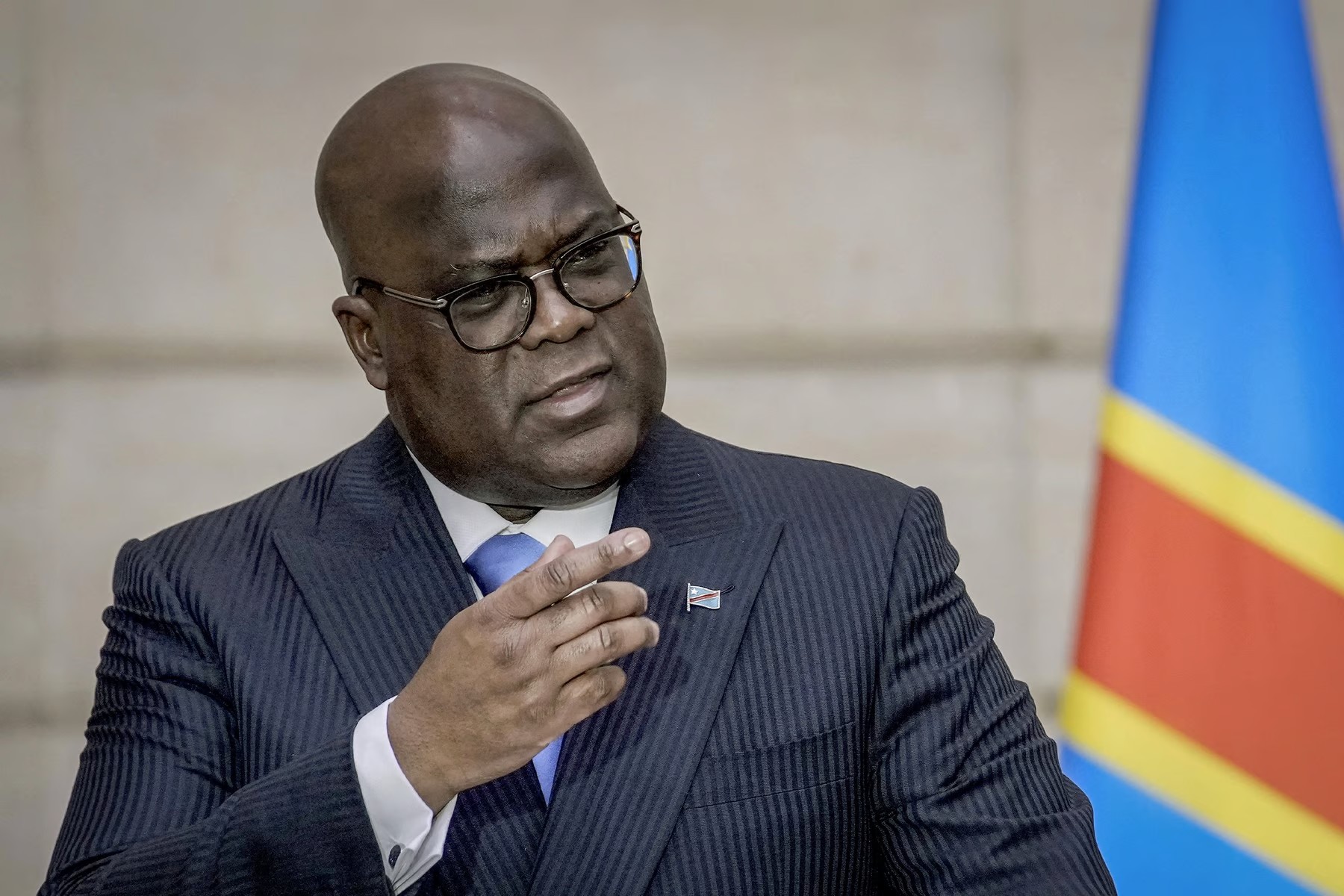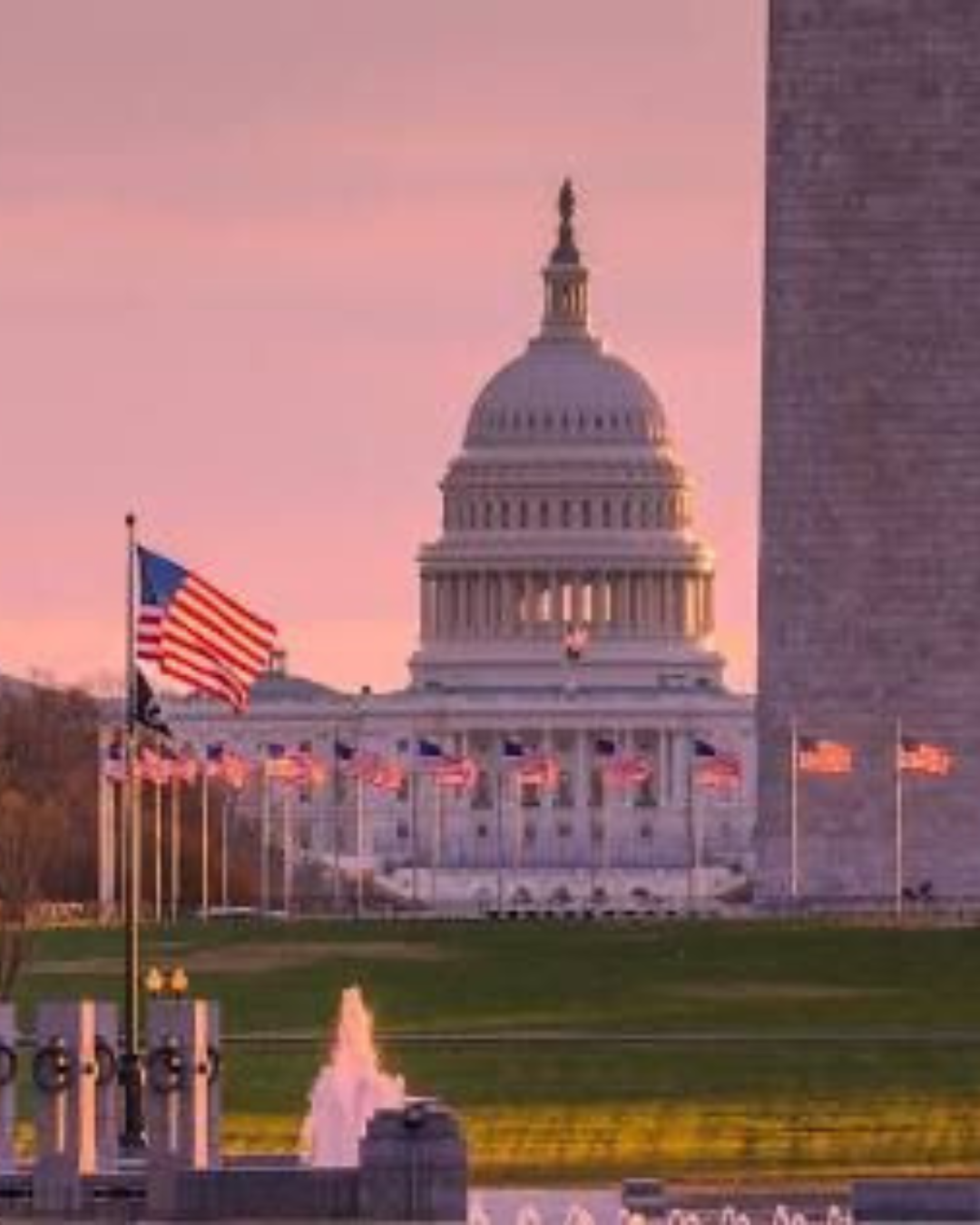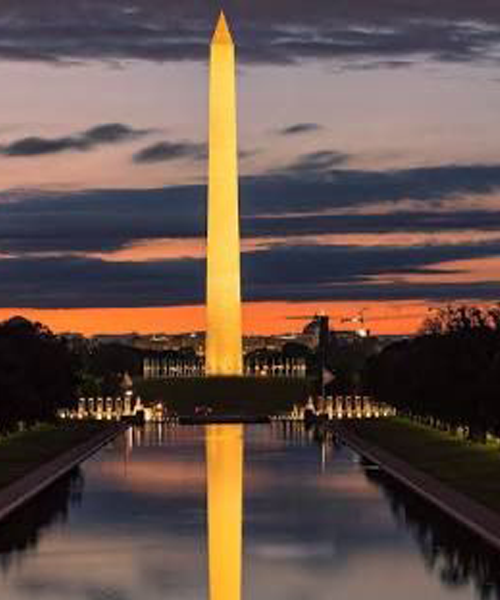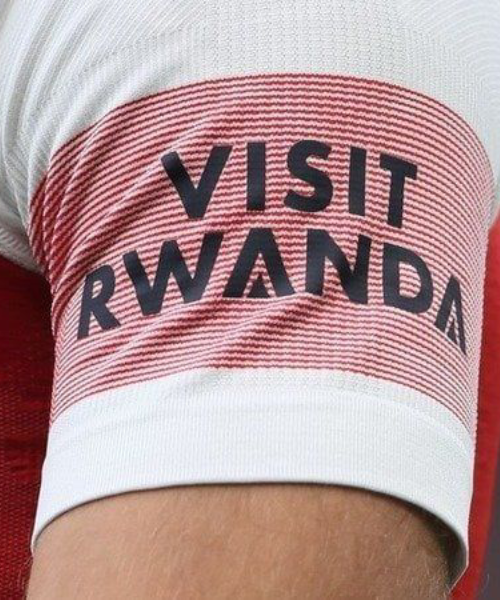In the wake of AFC/M23 rebels’ capture of Goma in January 2025, President Félix Tshisekedi turned to Constellis Holdings better known as Blackwater to bolster security in eastern Democratic Republic of Congo, a move that has drawn sharp criticism and fueled fears of a mineral-driven escalation.
Contract and Controversy
Reports indicate that Tshisekedi signed the agreement with Blackwater in December 2024, officially to protect cobalt, coltan, and copper mines in Katanga and North and South Kivu. Government spokespeople framed the deal as a swift measure to shield vital economic assets and restore stability after M23’s advance.
Critics argue the timing and opacity of the contract suggest a deeper strategy: securing mineral wealth rather than prioritizing civilian safety. Many point to the president’s renewed emphasis on mining revenue as evidence that economic interests are taking precedence over urgent humanitarian needs.
Fighters on the Frontlines
Local observers have documented Blackwater operatives some reportedly Colombian nationals alongside FARDC (Forces Armées de la République Démocratique du Congo) troops and allied militias such as the Wazalendo. Video footage from South Kivu checkpoints shows heavily armed contractors coordinating tactics with government forces, raising questions about their mandate and rules of engagement.
Human rights monitors worry that private contractors, lacking accountability under Congolese law, could exacerbate abuses already attributed to regular army units and allied militias.
A checkered reputation
More alarming is Blackwater’s history of human rights violations. In 2007, its contractors were involved in the infamous Nisour Square massacre in Baghdad, where 17 Iraqi civilians among them women and children were killed without provocation. The United Nations declared the incident a crime of war.
A subsequent U.S. Congressional report revealed that between 2005 and 2007 Blackwater was involved in 195 shooting incidents in Iraq, initiating gunfire in 84 percent of them. Four contractors were convicted in 2014 but later pardoned by U.S. President Donald Trump in 2020. Such a legacy has strengthened the view that Blackwater operates without accountability, and many now worry that similar abuses could happen in the DRC, especially with no clear legal controls in place.
M23’s strength and the force disparity
The M23 rebel group, also known as AFC-M23, has emerged as a powerful and well-organised force. Equipped with modern weapons, armoured vehicles, and disciplined ranks, they have defeated FARDC troops, Southern African Development Community soldiers, and even 280 Romanian mercenaries from the Asociatia RALF group.
In 2025 they seized control of Goma and Bukavu and now run a parallel administration in parts of South Kivu, including key roads and ports on Lake Kivu. By contrast, Blackwater’s estimated force ranging between 250 and 2,500 personnel is too small to challenge M23’s thousands of fighters, and its contractors are not trained for this kind of protracted guerrilla warfare.
“A person fighting for money will never defeat someone fighting for their life,” warns a common refrain among critics of Tshisekedi’s plan.
Fears of renewed civilian abuse
Without a proper legal framework to govern private contractors in the DRC, there is a real risk of indiscriminate shootings, human rights violations, and even cooperation with militias like Wazalendo, who have already been accused of mass killings. Such actions could inflame ethnic tensions, particularly among Tutsi-Banyamulenge communities that feel increasingly besieged.
Economic priorities vs humanitarian needs
Some observers believe the president is more focused on protecting mining revenue than on saving lives. In a sharp contrast, Kenya’s Revenue Authority recently marked 30 years of taxpayer cooperation with the statement, “Together, we’ve built more than revenue; we’ve built Kenya’s future.” In eastern Congo, by contrast, many civilians feel abandoned in favour of profit.
Local reports also suggest that Tshisekedi is using the supposed mine protection mission to prepare for a large-scale war against M23. His national army has long been described as disorganized and unprofessional, and critics argue that hiring Blackwater is a way to compensate for FARDC’s weaknesses—despite the company’s questionable track record and limited capabilities in such warfare.
Calls for dialogue
International mediators, including the African Union and United Nations, have urged Tshisekedi’s government to pursue inclusive talks with M23 and other armed factions. They insist lasting peace requires addressing land disputes, community grievances, and governance issues—not just bolstering firepower.
“Tshisekedi has proved to the world that he is obsessed with a military victory. He wants to win the war at all costs,” wrote Voice of Kivu journalist Muhindo Defraise Enosh. On the other side, M23 insists its mission is peace, not conquest: “AFC-M23… wants to win peace at all costs.” Who will succeed remains to be seen.
Name changed to protect identity.








